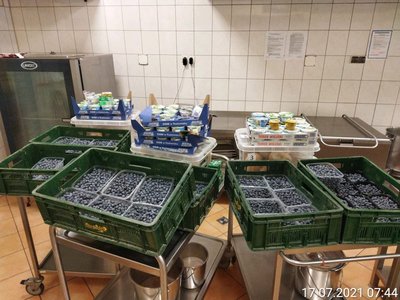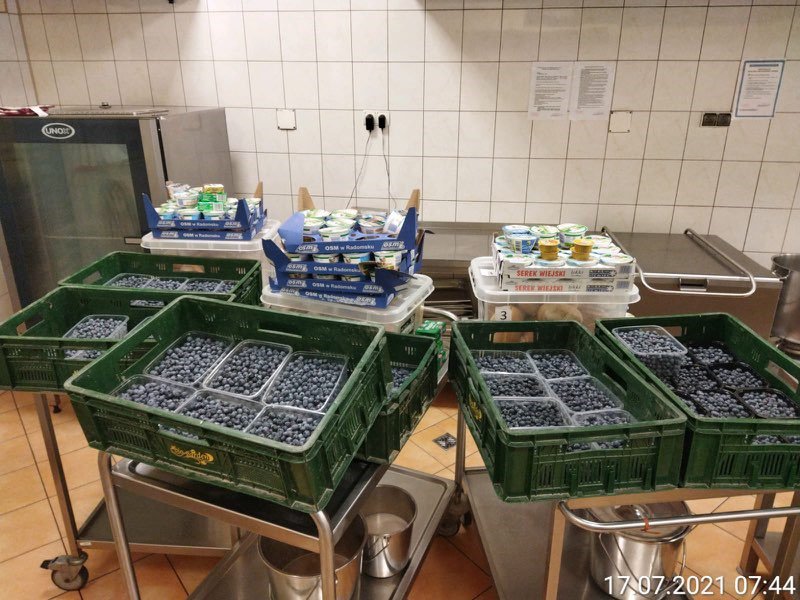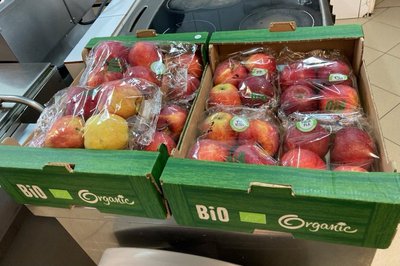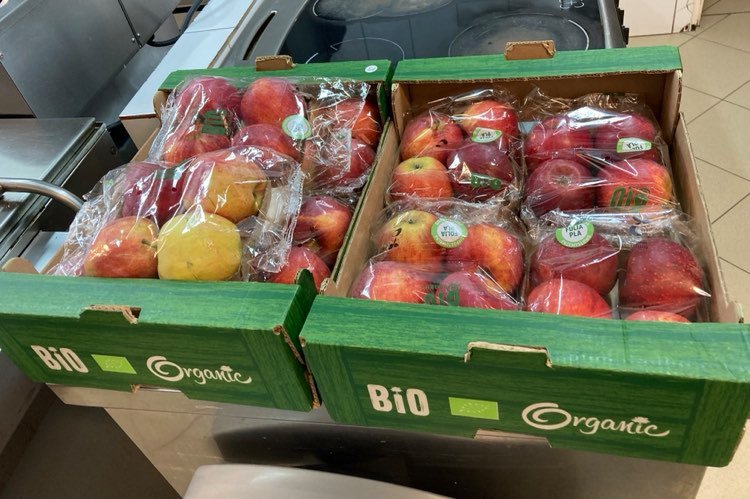Necessary Steps
- Set up an empty list in which the details of the farms and producers you will find can be stored: e.g. farm name, products available, location, distance to your institution, contact details, and whether the farm is able to deliver these products when needed.
- Search the internet for (a list of) certified organic farms located close (e.g. within 50 km) to your institution. Select only certified farms, so as to be certain that the food is of high quality. Note down all relevant details.
- Check the distances between the organic farms and the public institution on a map. Use an online map service, e.g. Google maps, to help with this. Note down the results and then select those producers closest to your institution.
- Check the products the individual organic farms offer and select those farms that offer products of interest for your public institution (e g. potatoes, fruits, carrots, etc.)
- The resulting list will be very general, often without any contact details of the farmers. For farms without sufficient contact information (e.g. phone, email), ask the control bodies of organic enterprises for permission to obtain this data. Control bodies are institutions which control and certify organic farms and enterprises. Some of them publish farmers' addresses online, others only publish the names online; and some provide no data at all without filling in appropriate forms.
- Contact the most suitable farmers (indicators: distance, products available) by phone and ask whether they would be interested in selling organic products to your institution.
- Once the approval from all collected producers has been obtained, the tendering process for the supply of organic products to the institution can be launched. This means that all the necessary steps laid out in public procurement regulation have to be implemented, depending on the monetary value involved, and whether you are a public or a private procurer.
More Issues To Consider
- The internet search can be time-consuming.
- Instead of each institution having to conduct this procedure, it would be ideal to centrally provide such a list of organic producers, including their contacts (if they agree) and perhaps also an online map. It could also be the work of an organic producers association to promote its members.
- As farmers are usually very busy, they will appreciate your patience when dealing with them. The best time to contact farmers is in winter (November to February).
Disclaimer
The information on this page about the use of the tool “Mapping organic farmers as suppliers” is only provided as a general guide and is not intended as a substitute for the user to check the respective public procurement regulations. We compiled the content to the best of our knowledge, but do not assume any liability for completeness and correctness. We do not assume any liability for the user to verify the applicable procurement law provisions in the respective national state.



